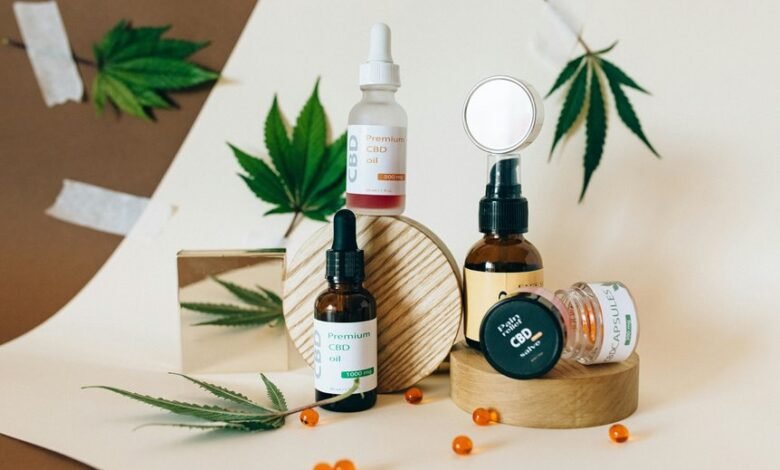Can You Build a Tolerance to Cbd Oil

The potential for building a tolerance to CBD oil is an important topic in the realm of cannabinoid research. As individuals consume CBD regularly, their bodies may adapt, leading to a reduced response to the same dosage. This adaptation varies among users and is influenced by individual biochemistry. Understanding the underlying mechanisms of tolerance can help users make informed decisions about dosage and consumption methods. What strategies can be employed to maintain CBD's effectiveness over time?
Understanding CBD and Its Effects on the Body
Although CBD (cannabidiol) is derived from the cannabis plant, it does not produce the psychoactive effects typically associated with marijuana.
Instead, CBD interacts with the body's endocannabinoid system, binding to CBD receptors to promote various health benefits.
Research suggests that CBD benefits may include reduced anxiety, pain relief, and improved sleep, contributing to an overall sense of well-being and freedom from discomfort.
The Concept of Tolerance in Substances
When individuals regularly consume a substance, their bodies can develop a tolerance over time, leading to a diminished response to the same dosage.
This phenomenon occurs through tolerance mechanisms that adapt to the presence of the substance, potentially resulting in substance dependence.
Understanding these mechanisms is crucial for individuals seeking to manage their consumption and maintain an optimal balance in their use of various substances.
Current Research on CBD Tolerance
Research on tolerance development specifically related to CBD oil has gained attention as more individuals use it for therapeutic purposes.
Studies suggest that tolerance mechanisms may vary based on CBD dosage and individual biochemistry. While some users report diminishing effects over time, further investigation is needed to understand how these mechanisms work and whether tolerance can significantly impact the therapeutic benefits of CBD oil.
Tips for Optimizing Your CBD Experience
Many individuals seeking to enhance their CBD experience can benefit from a few practical strategies.
Employing varied dosing strategies can help tailor effects to personal needs. Additionally, exploring different consumption methods—such as oils, edibles, or topicals—can optimize absorption and efficacy.
Understanding individual responses and adjusting accordingly fosters a more personalized and satisfying experience, allowing users to harness the full potential of CBD.
Conclusion
In conclusion, while many users may initially experience significant benefits from CBD oil, they could develop a tolerance over time, necessitating dosage adjustments. Current research indicates that approximately 30% of regular CBD users report a decrease in effectiveness after prolonged use. This statistic underscores the importance of understanding individual biochemistry and adapting consumption methods. By remaining informed and attentive to their body's responses, users can optimize their CBD experience for continued effectiveness and satisfaction.






